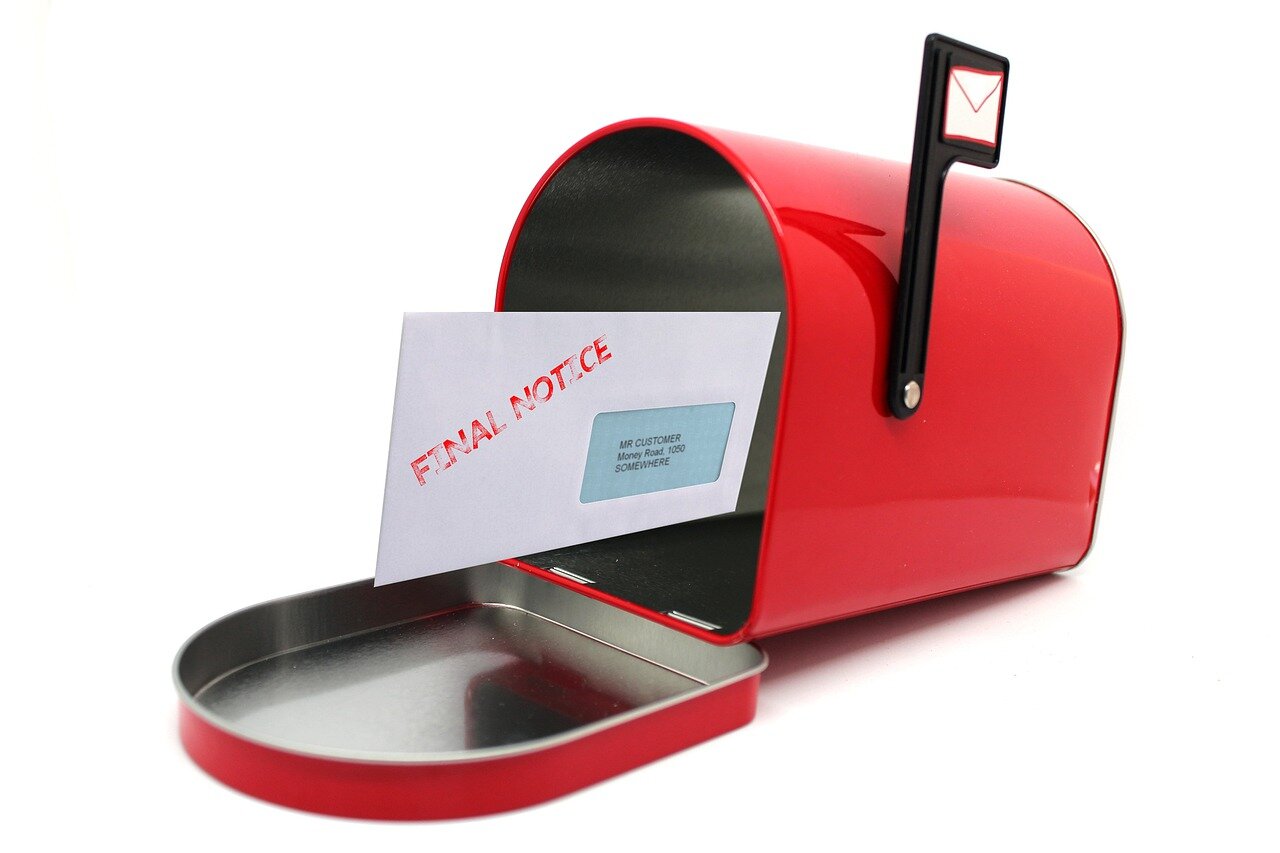A provision of the CARES Act which has, so far, protected millions of people from losing their housing, is set to expire on July 25, 2020. Potentially, many residents of Harris County (and the rest of the nation) could be facing eviction. In response to the need for reliable information about housing instability, we’ve posted a number of helpful resources in this blog. In May, we wrote about the eviction moratoria issued at the federal and state levels, and in June, we provided links to information and self-help tools from Texas Law Help and Lone Star Legal Aid for those at risk of losing their homes. Now we are offering a bird’s eye view of eviction across our country, providing links to resources that present both national and state-by-state data.
As Protections Expire, Millions Of Americans Face Threats Of Eviction – NPR Morning Edition, July 21, 2020 (Audio)
6-minute nutshell interview with Matt Desmond, author of Evicted and founder of the Princeton Eviction Lab
STOUT interactive eviction tool -- Developed by Stout Risius Ross, LLC (STOUT) with input from National Coalition for a Civil Right to Counsel (NCCRC)
Provides access to data on estimated number of tenants experiencing rental shortfalls along with data showing tenant confidence levels in their ability to pay next month’s rent.
COVID-19 Housing Policy Scorecard – Princeton Eviction Lab
See the list of additional COVID-19 housing resources and tools built by other organizations
COVID-19 Protections for Homeless Populations -- National Law Center on Homelessness & Poverty
See compiled list of COVID-19 Resources on Housing Alternatives
Eviction Moratorium Maps – Regional Housing Legal Services (RHLS)
Presents a graphic visualization of moratoria in effect in each state, at each phase of eviction
Federal Eviction Moratoriums — National Low Income Housing Coalition
Searchable database and map allow some renters to identify if their home is covered by the CARES Act eviction moratoriums
Identifies organizations that preserve affordable housing, prevent eviction, and reduce family homelessness; Presents personal eviction stories
The Scarlet E: Unmasking America’s Eviction Crisis – On the Media (Audio)
A four-part series on the “eviction epidemic” in this country; Hosted by Brooke Gladstone







